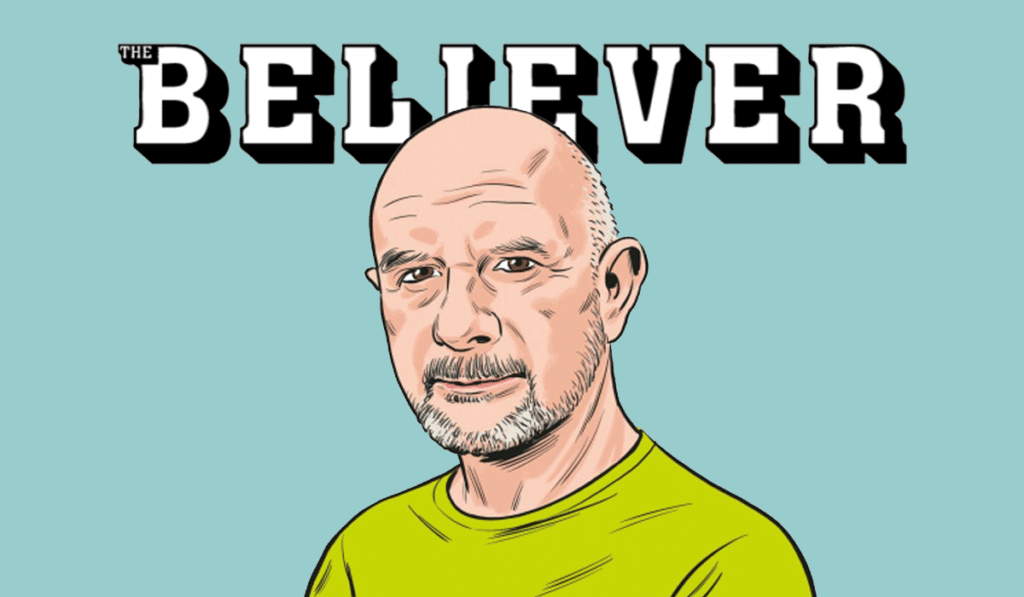A quarterly column, steady as ever.
– – –
Books read:
Love’s Labour: How We Break and Make the Bonds of Love—Stephen Grosz
Affairs: True Stories of Love, Lies, Hope and Desire—Juliet Rosenfeld
The Light Years—Elizabeth Jane Howard
Books bought:
Working the Room: Essays and Reviews, 1999–2010—Geoff Dyer
Zero at the Bone: Fifty Entries Against Despair—Christian Wiman
Uncle Willy and Other Stories—William Faulkner
Cue the Sun!: The Invention of Reality TV—Emily Nussbaum
– – –
It’s Epigraph City out there. Just about every nonfiction book I have started over the last couple of months begins with at least one of the little bastards, often two. Love’s Labour by Stephen Grosz goes with a Rilke and an Iris Murdoch:
“For one human being to love another: that is perhaps the most difficult of all of our tasks, the work for which all other work is but preparation.” (Letters to a Young Poet)
“Remember that all our failures are ultimately failures in love.” (The Bell)
Juliet Rosenfeld, in Affairs, plumps for one Freud and one Princess Diana:
“We are never so defenceless against suffering as when we love.”
“Well, there were three of us in this marriage. So, it was a bit crowded.”
You have to say, Diana has done well to work herself into this company. Her laconic line has become a classic, and she deserves her place alongside the greats of European literature. Hats off to her. You really couldn’t see it coming when she was working as a nanny for that posh American family in the early days, but she found a cutting epigrammatic style when she needed it most. Few of us can say the same.
Both Juliet Rosenfeld and Stephen Grosz are psychotherapists; both have chosen to write about love, and the mess we make of it, in their latest books. I like to presume I know a little bit about you, dear reader, having spoken to you from this pulpit for over two decades. And yes, very few of you have said anything to me in reply, nor have I afforded you many opportunities to do so. It’s been a very wordy one-way conversation, and I get to change the subject whenever I feel like it. This works great for me, and I can’t imagine what wouldn’t work for you.
Anyway, one of my presumptions is that you are interested in the subject of love. It comes with the territory of The Believer, no? You might not agree with Iris Murdoch that “all our failures are ultimately failures in love.” (I am writing this after the disappointment of Arsenal’s trophy-less season, for example, and this failure was ultimately a failure in personnel recruitment, particularly up front, in the summer of 2024. But maybe Iris wasn’t much of a sports fan.) Any interest in the arts, it seems to me, presupposes an interest in matters of the heart. That’s what most of the best art is all about, especially if we count God or gods, as I think we must. People love Him or them or Them. The point is, I think you’re likely to want to read both Affairs and Love’s Labour, and I suspect you’ll be provoked and stimulated by both.
Stephen Grosz is a beautiful writer, a clear, compelling thinker, an observant, wise, and deeply empathetic human being. Like The Examined Life: How We Lose and Find Ourselves, his previous, much-loved book, Love’s Labour is a series of case studies, stories of patients that he has come across during his career as a shrink, focusing exclusively on their romantic travails. He has changed the details of their situations so they cannot be recognized. And that’s where I trip up a little bit.
I grew up in the suburbs with my mother and my sister. I have an autistic son. My first book, about my relationship with Arsenal over the first three decades of my life, was successful, and changed my professional trajectory. That’s me. I mean, not all of me, obviously. I’m also a picker, a grinner, a lover, a sinner, a joker, and the author of several novels and screenplays. But start messing with any of those details, and am I myself anymore? Or am I someone else? If my son had been diagnosed with cerebral palsy rather than autism, my life would have been profoundly different from the one I ended up living. The same would be true if I had written a book about cricket, or Manchester United, or if I had grown up in Kensington with a brother. The narratives and problems I would have presented to a psychoanalyst (and I have kept the entire London branch of the profession fed and clothed for decades) would not have been the same. So what are we reading here? In what way were the patients anonymized? Is it even possible that they could get to this point from there?
– – –

